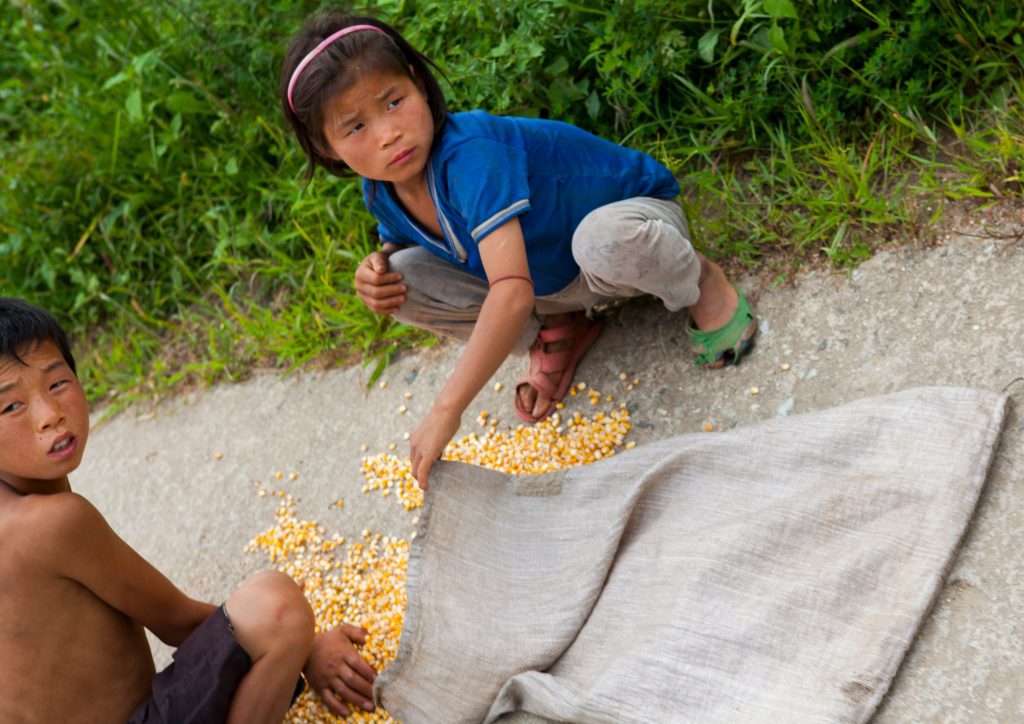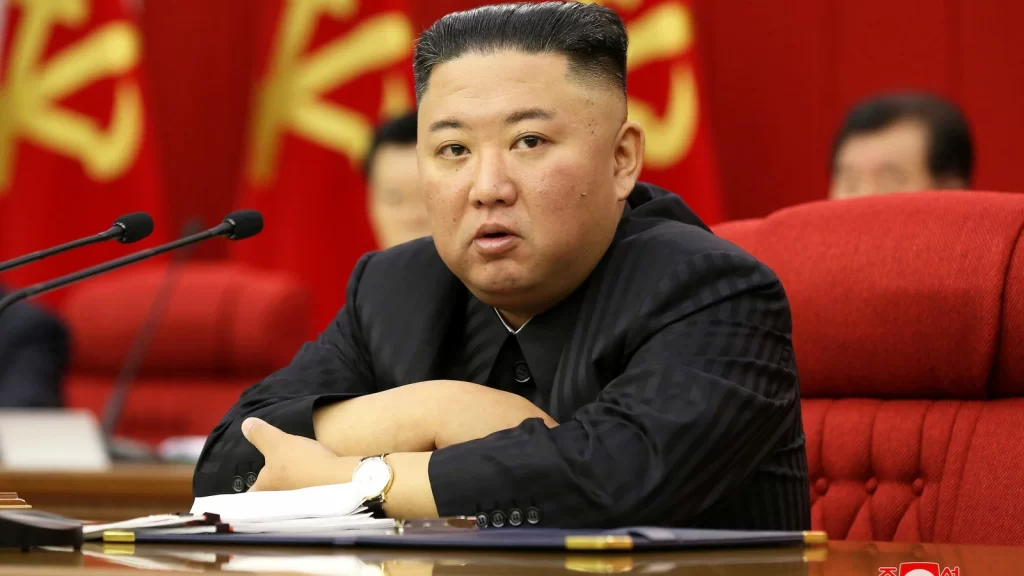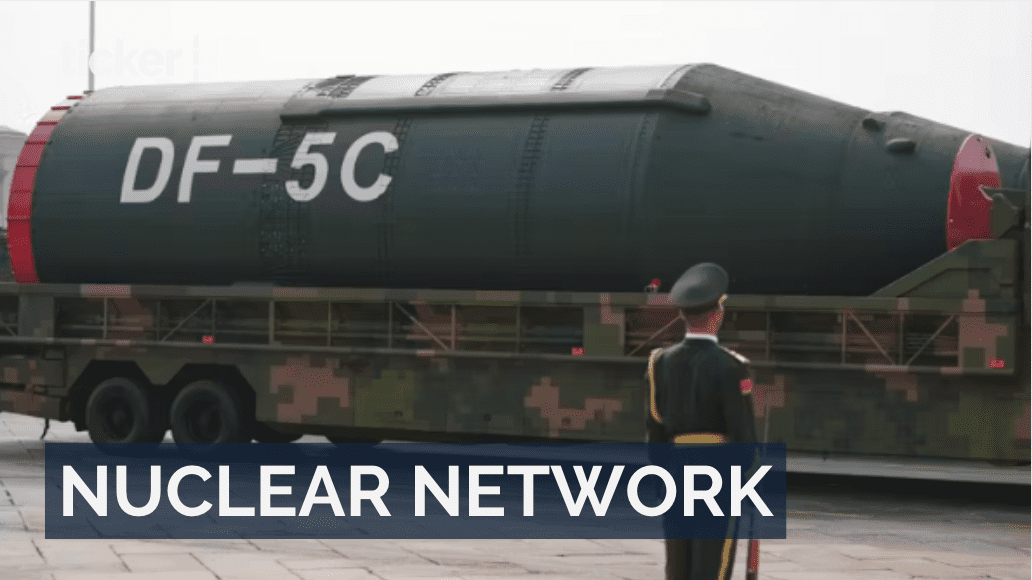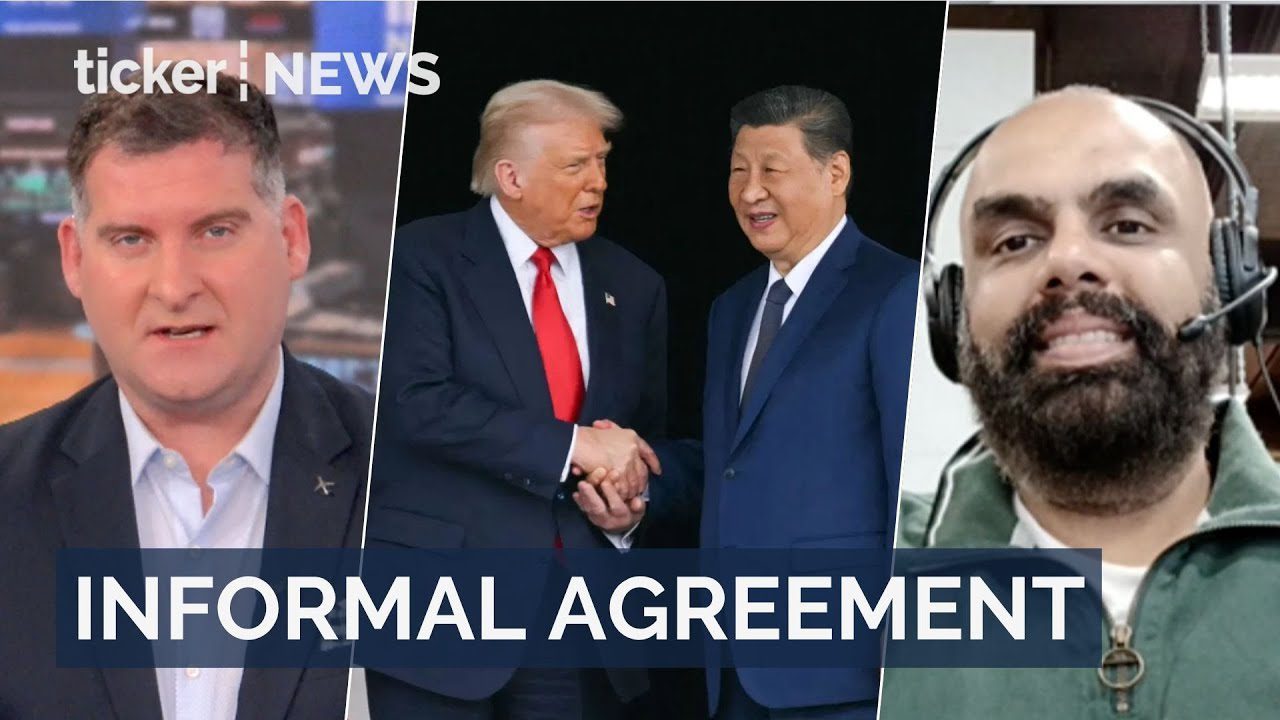News
As winter nears, people are starving in North Korea
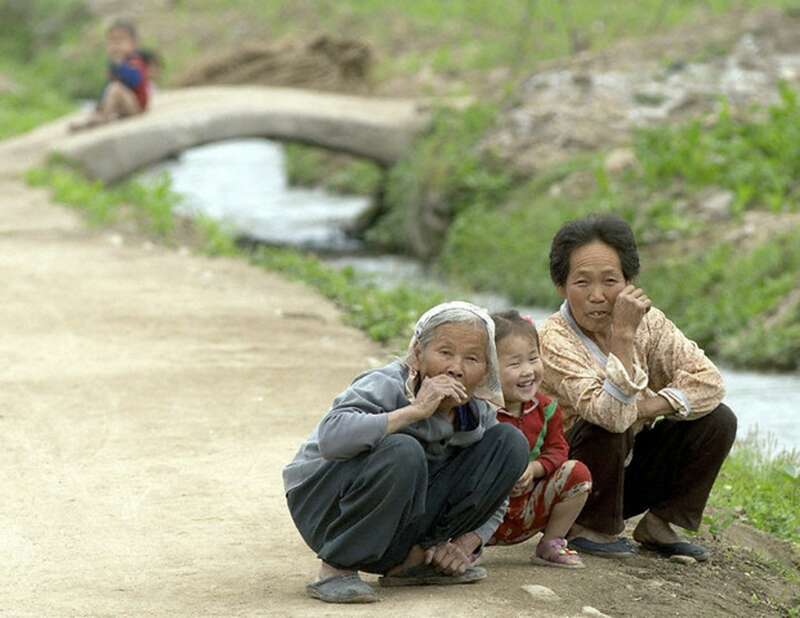
News
Trump orders Pentagon to resume nuclear testing immediately
Trump orders Pentagon to resume nuclear testing, raising concerns over arms race and global safety
News
US–China trade talks are a handshake, not a deal
Trump and Xi unofficially extend tariff truce, with US concessions and Chinese commitments on soybeans, fentanyl, and rare earths.
News
Markets cautious as rate cut hopes fade
Central banks ease rate cut hopes amid inflation and wobbling tech stocks; markets adjust to Fed’s new stance.
-



 News4 days ago
News4 days agoBitcoin tops $110K as South Korea reforms crypto rules
-



 News3 days ago
News3 days agoOil prices drop amid OPEC+ output increase plans
-



 Shows4 days ago
Shows4 days agoImprovement districts transforming cities: lessons from London
-



 News5 hours ago
News5 hours agoMarkets cautious as rate cut hopes fade
-

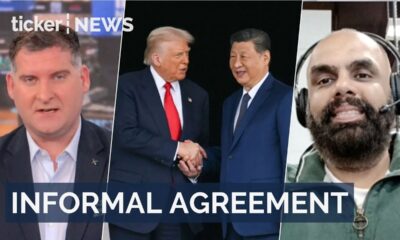

 News5 hours ago
News5 hours agoUS–China trade talks are a handshake, not a deal
-



 Ticker Views4 days ago
Ticker Views4 days agoWere you on Facebook 10 years ago? You may be able to claim part of this $50 million payout
-

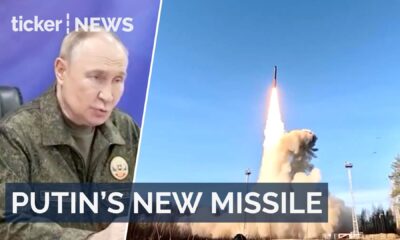

 News4 days ago
News4 days agoRussia test-launches nuclear-powered Burevestnik cruise missile
-



 News2 days ago
News2 days agoMeta and Amazon signal ‘AI efficiency era’



